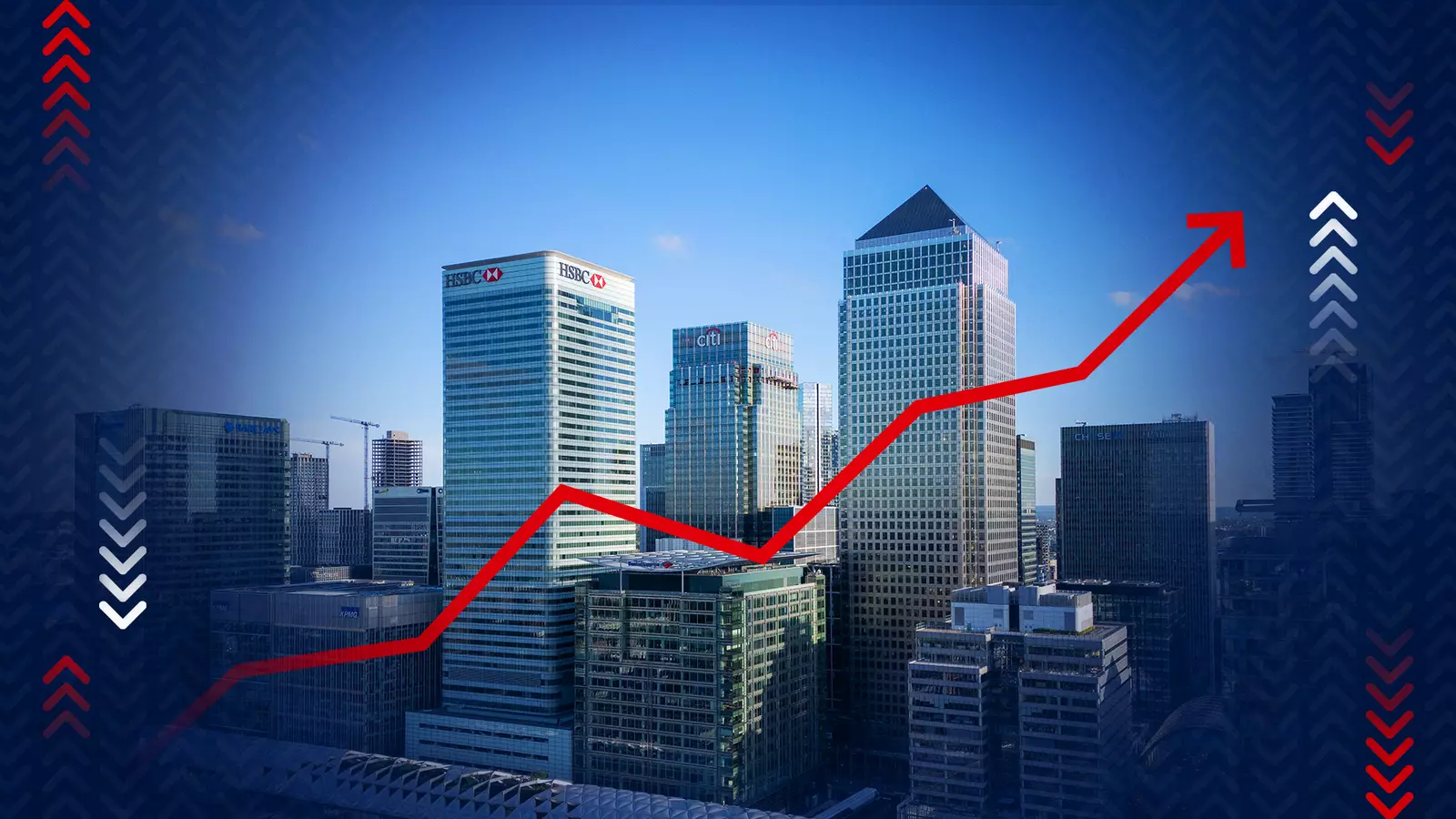Recent data released by the Office for National Statistics (ONS) indicates that the UK economy experienced stagnation in July, marking a concerning trend as this represents the second consecutive month without growth. Following the election of the new Labour government, GDP — the benchmark measuring the country’s output — has flatlined unexpectedly. Economists had previously anticipated a modest growth of about 0.2%, making the stagnant figures particularly disconcerting against forecasts.
While the stagnation highlights immediate concerns, it’s crucial to note that the services sector demonstrated longer-term resilience, contributing positively to economic growth over a three-month period, with a reported 0.5% expansion leading up to July. Notably, within the G7 nations, the UK held the highest growth rate in the first half of 2024, suggesting a context of underlying strengths even amidst struggles.
However, the mixed performance across different sectors complicates the narrative. The services sector, buoyed by advancements in technology and the resolution of strikes within healthcare, showed promise. Yet this was somewhat overshadowed by declines in other critical areas, including manufacturing and construction. Significant setbacks in automotive and machinery production have played a pivotal role in curbing overall growth, effectively illustrating the fragility of the current economic climate.
The stagnation raises pertinent questions about the trajectory of interest rates in the UK. Analysts are currently speculating that the Bank of England will likely keep interest rates steady amidst these stagnant figures. Following their previous hikes aimed at tackling inflation, a potential cut in rates could be on the horizon, possibly reducing them to 4.75% in the upcoming November meeting. Such adjustments could reflect the bank’s response to recent economic performance and its ongoing commitment to combat inflation challenges without stifling growth.
Political reactions to the economic data have been marked by an acknowledgment of the complexities of the situation. Chancellor Rachel Reeves has openly communicated the realities of the economic hurdles, emphasizing that significant change cannot be achieved overnight. Her remarks underscore the frustration over a pattern of stagnation that has persisted for over a decade, highlighting the need for structural reforms and targeted strategies to foster sustainable economic development.
In retrospect, the current economic landscape in the UK is a study in contradictions. While there are sectors demonstrating resilience, the overarching stagnation raises critical concerns about the effectiveness of existing policies and the government’s capacity to implement necessary changes swiftly. As stakeholders from the public, private, and political spheres scrutinize these developments, the path ahead will undoubtedly require nuanced considerations to navigate these turbulent economic waters successfully.


Leave a Reply